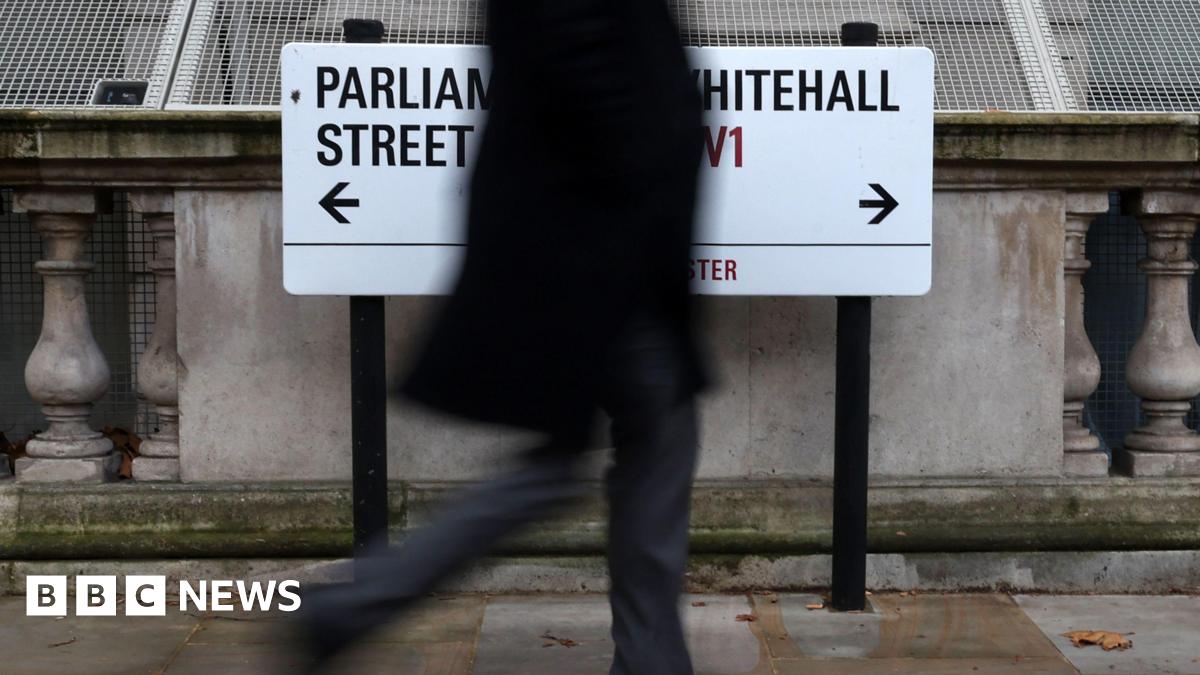Current spending plans mean that ministers will face tough choices over how to allocate money in the later years of this Parliament.
To save money, ministers are already looking at voluntary redundancy schemes across various departments.
A government spokesperson said the plans were to make sure “every part of government is delivering on” priorities.
“We are committed to making the civil service more efficient and effective, with bold measures to improve skills and harness new technologies,” the spokesperson said.
But a government source told the BBC there was an acceptance that the civil service had become too big and unwieldy.
The government is already risking a confrontation after unions reacted with anger to proposals for a 2.8% pay increase for teachers, NHS staff and senior civil servants next year. Inflation – which measures price changes over time – is predicted to average 2.6% next year.
Last week Prime Minister Sir Keir Starmer drew ire from one of the largest civil service unions after claiming “too many people in Whitehall are comfortable in the tepid bath of managed decline”.
Pat McFadden, the minister in charge of the Cabinet Office, echoed the PMs comments on Monday when announcing plans to shake-up to civil service hiring to make government “think a little bit more like a start-up”.
McFadden said he did not have a “target for headcount” in the civil service, claiming his focus was on making officials more productive.
Mike Clancy, general secretary of the Prospect trade union, said: “We need a clear plan for the future of the civil service that goes beyond the blunt headcount targets that have failed in the past.
“This plan needs to be developed in partnership with civil servants and their unions, and we look forward to deeper engagement with the government in the coming months.”

